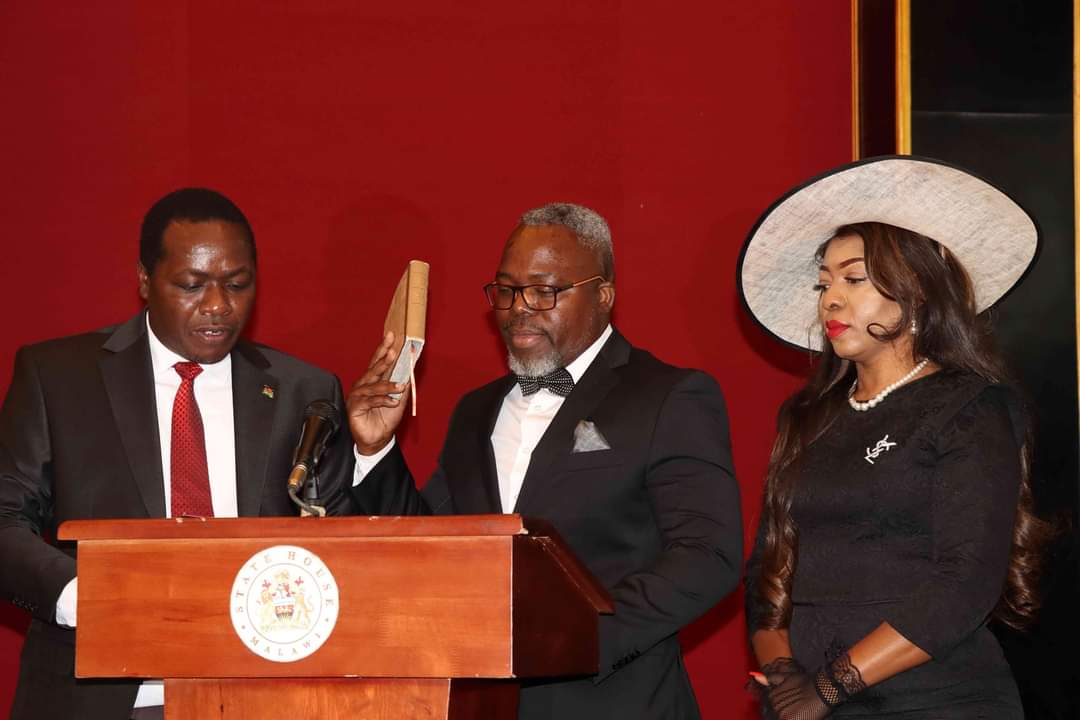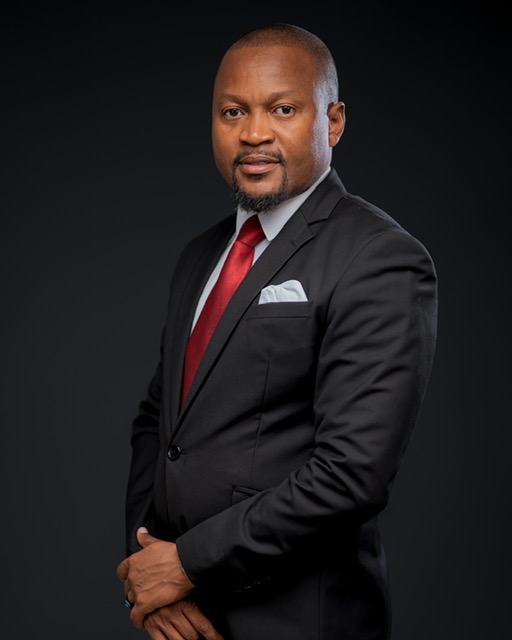By Burnett Munthali
In recent discussions on the Maravi Post readers’ WhatsApp platform, Rick Dzida raised significant points about the relationship between parliamentary acts and the Malawi Constitution. His comments highlight crucial aspects of governance and the need for adherence to constitutional provisions regarding voting rights.
Dzida begins by noting, “Haha any act of parliament that contradicts the Malawi Constitution is rendered invalid.” This statement underscores a fundamental principle of law: any legislation passed by Parliament must align with the constitutional framework. The Constitution serves as the supreme law of the land, and any act that contravenes it lacks legitimacy.
Members of Parliament (MPs) indeed have the responsibility to uphold the Constitution. However, Dzida further asserts, “members of parliament have the privileged responsibility to contradict the constitution only by changing it.” This means that while MPs can propose amendments to the Constitution, they cannot arbitrarily impose laws that infringe upon constitutional rights without due process.
Dzida continues to explore the implications of this constitutional protection. He states, “So the best your MPs can do is to remove a constitutional voting right of a citizen. This is very unlikely.” This is an important reminder of the democratic values enshrined in the Constitution, which safeguards the voting rights of citizens. The idea of removing these rights is not only improbable but would also face significant public resistance, as it fundamentally undermines democracy.
In light of these discussions, Dzida emphasizes the role of the Malawi Electoral Commission (MEC) in upholding constitutional voting rights. “MEC must put in place mechanisms to respect the Malawi Constitution by ensuring that all eligible voters are able to exercise their voting right,” he asserts. This is a call to action for the MEC to implement systems that facilitate voter participation, rather than restrict it.
One key point Dzida makes is the recognition that “there are many forms of identification apart from using national IDs.” This is particularly pertinent given the ongoing debates surrounding voter registration and the potential barriers posed by the national ID requirement. By acknowledging alternative forms of identification, such as passports, driver’s licenses, and voter registration cards, the MEC can ensure that more citizens can exercise their right to vote.
In conclusion, Rick Dzida’s insights on the Maravi Post readers’ WhatsApp platform serve as a critical reminder of the delicate balance between legislative authority and constitutional rights in Malawi. As citizens engage in discussions about governance and democracy, it is vital to remember that the Constitution remains the cornerstone of our rights. The role of MPs is to uphold and protect these rights, while the MEC must strive to create an inclusive environment that facilitates voter participation. In doing so, Malawi can strengthen its democratic processes and ensure that every eligible voter can have their voice heard.




